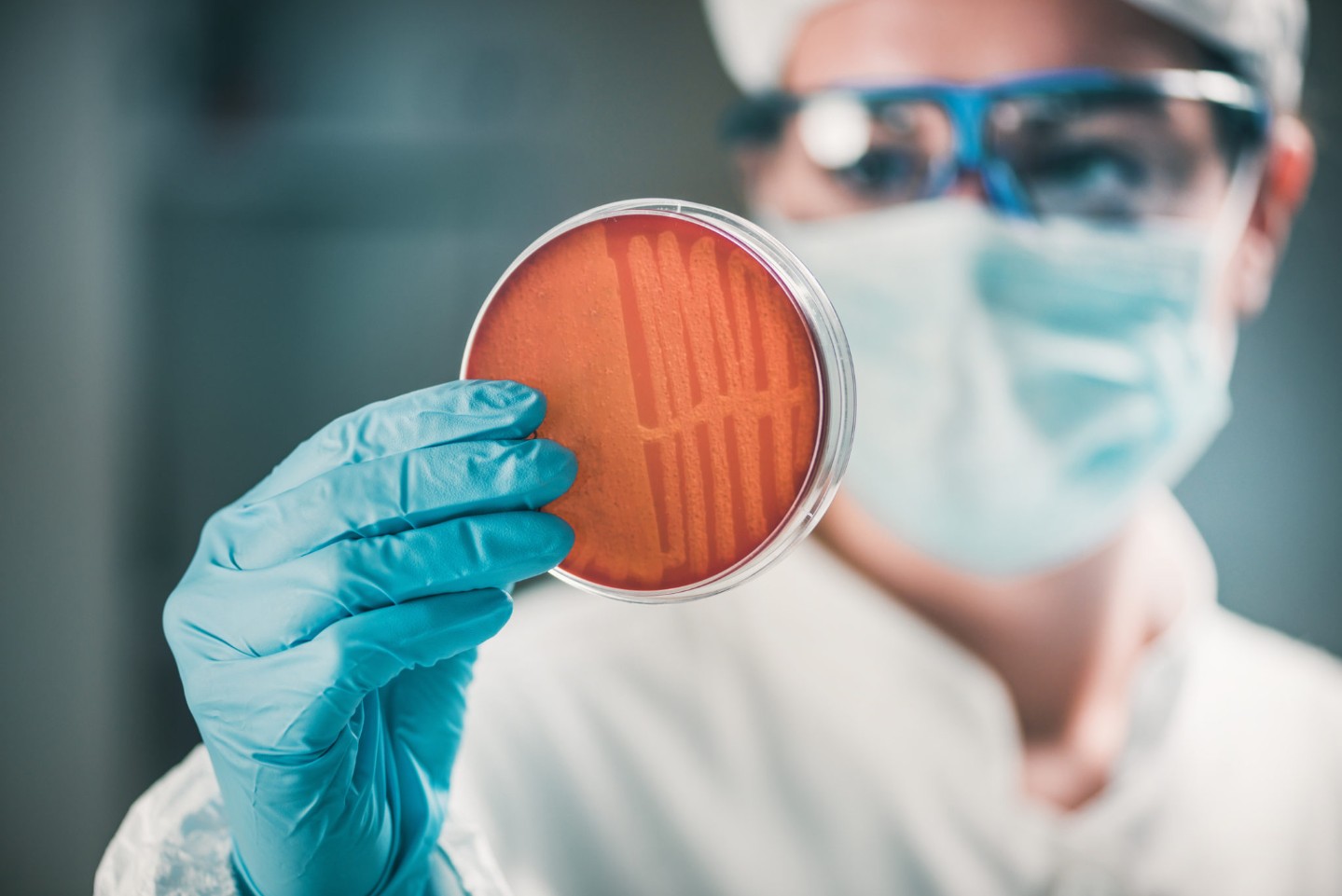Conquer the Crushing: Understanding and Managing Migraines and Headaches
JUN 19, 2025Understanding the type of headache you're experiencing is crucial for effective treatment.
Read More
The changing weather and fall colors signal that Cough and Cold season is coming soon. Many of us may often wonder if there is a magic pill or medicine that could possibly help get treat those dreaded respiratory symptoms? What if however, the same medications that you think may help you in reality cause more harm than good? Unfortunately this can often be true for antibiotic medications. November 18th-24th is Antibiotic Awareness Week and CHI Health would like to encourage you to learn more about appropriate use of antibiotics.
Antibiotic medications are drugs which are designed to kill or inhibit growth of certain bacteria. These medications are not effective at killing or inhibiting other non-bacterial germs, or viruses, which are most commonly the cause of cold and flu symptoms. In fact taking antibiotic medications can kill off good bacteria that help the body maintain its normal defense against disease. In the United States, at least 2 million people get serious infections with bacteria that are resistant to one or more antibiotics, which can lead to death. Sadly this happens because bacteria can grow into superbugs, which can make your next infection much harder to treat
One increasingly common disease that can result from taking antibiotics is a severe infectious diarrhea caused by overgrowth of a toxin producing bacteria. Normally good bacteria in the gut inhibit the growth of this organism however, when the good bacteria are destroyed by antibiotics, this dangerous bacteria can multiply and cause severe infections. When you are taking an antibiotic and you develop diarrhea, let your healthcare team know immediately.
Not every illness requires an antibiotic. See the chart below for guidance on when you actually need an antibiotic

Note that antibiotics will treat bacterial infections, but will NOT cure or improve viral infections.
Your health care team may run tests to determine if you need an antibiotic, and which one will work best. Your health care team may change or even stop your antibiotic after a few days, based on test results. Follow these instructions – staying on an antibiotic you don’t need is more harmful than helpful. If your provider does prescribe you an antibiotic, ask them these questions to make sure you are knowledgeable.
Remember, antibiotics are life-saving drugs and they need to be used properly.
If you have any questions about your antibiotics, please talk to your health care team or reach out to a pharmacist at any CHI Health Pharmacy.

Understanding the type of headache you're experiencing is crucial for effective treatment.
Read More
Proper diet is essential in maintaining bladder and bowel health as they affect your gut microbiome.
Read More
Injuries spike during the summer months but there are actions you can take to prevent injuries during the 100 deadliest days of summer.
Read MoreWhen you need local health information from a trusted source, turn to the CHI Health Better You eNewsletter.